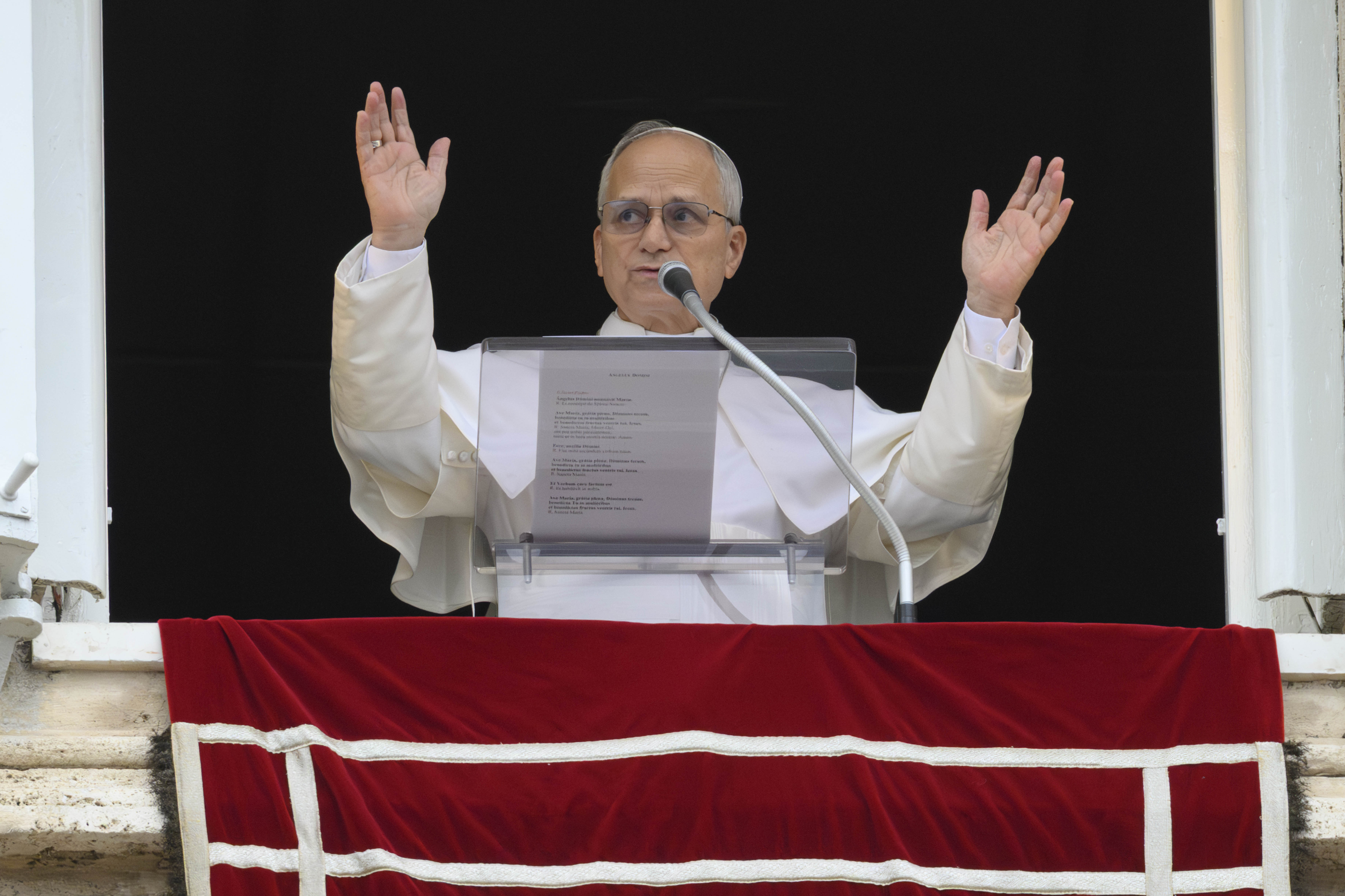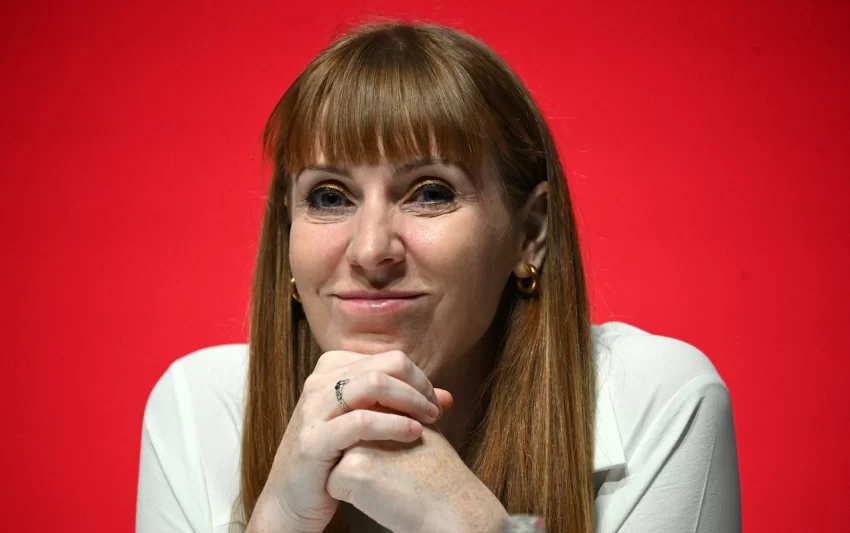France’s credit rating cut by Fitch amid political turmoil
PARIS — Ratings agency Fitch downgraded France’s credit rating just days after the country named yet another prime minister.
The agency cited “the increased fragmentation and polarization of domestic politics” in lowering France’s rating to A+ from AA-. The outlook is stable, Fitch said.
“Since the snap legislative elections in mid-2024, France has had three different governments,” the ratings agency wrote in its analysis published late Friday. “This instability weakens the political system’s capacity to deliver substantial fiscal consolidation and makes it unlikely that the headline fiscal deficit will be brought down to 3 percent of GDP by 2029, as targeted by the outgoing government,” Fitch said.
The downgrade comes as France is going through a political crisis and is struggling to cut its massive public debt.
On Tuesday, French President Emmanuel Macron appointed Sébastien Lecornu as prime minister after his predecessor, François Bayrou, was toppled a day earlier in a confidence vote over the €43.8 billion budget squeeze he proposed for next year.
“We expect the run-up to the presidential election in 2027 will further limit the scope for fiscal consolidation in the near term and see a high likelihood that the political deadlock continues beyond the election,” the agency said.
If Fitch’s downgrade is followed by the other major rating agencies, it could spell trouble for France. Moody’s and Standard & Poor’s will assess the country’s credit rating in October and November, respectively.
The outgoing government has pledged to bring the country’s deficit down to 4.6 percent of gross domestic product next year and to bring it under 3 percent, as required by EU rules, by 2029.
Financial institutions and auditors have repeatedly urged France to rein in its deficit, which skyrocketed after the coronavirus pandemic and the energy crisis. The country’s auditors and the outgoing prime minister have warned that, without major cuts, debt reimbursement will become France’s number one budget item next year, surpassing spending in education.
But attempts to reduce government spending are facing a backlash from far-right and left-wing opposition.
Bayrou’s plan included eliminating two public holidays, as well as freezing welfare payments including pensions and salaries of some government employees.
New Prime Minister Lecornu has distanced himself from his predecessor as he tries to win the support of the center-left Socialists.




















:quality(85):upscale()/2023/09/18/918/n/1922398/a1136b676508baddc752f5.20098216_.jpg)
:quality(85):upscale()/2025/10/09/670/n/1922283/00b944c868e7cf4f7b79b3.95741067_.jpg)
:quality(85):upscale()/2025/10/15/765/n/1922398/29c37a6e68efd84bb02f35.49541188_.jpg)
:quality(85):upscale()/2025/09/09/891/n/1922283/7222624268c08ccba1c9a3.01436482_.png)
















